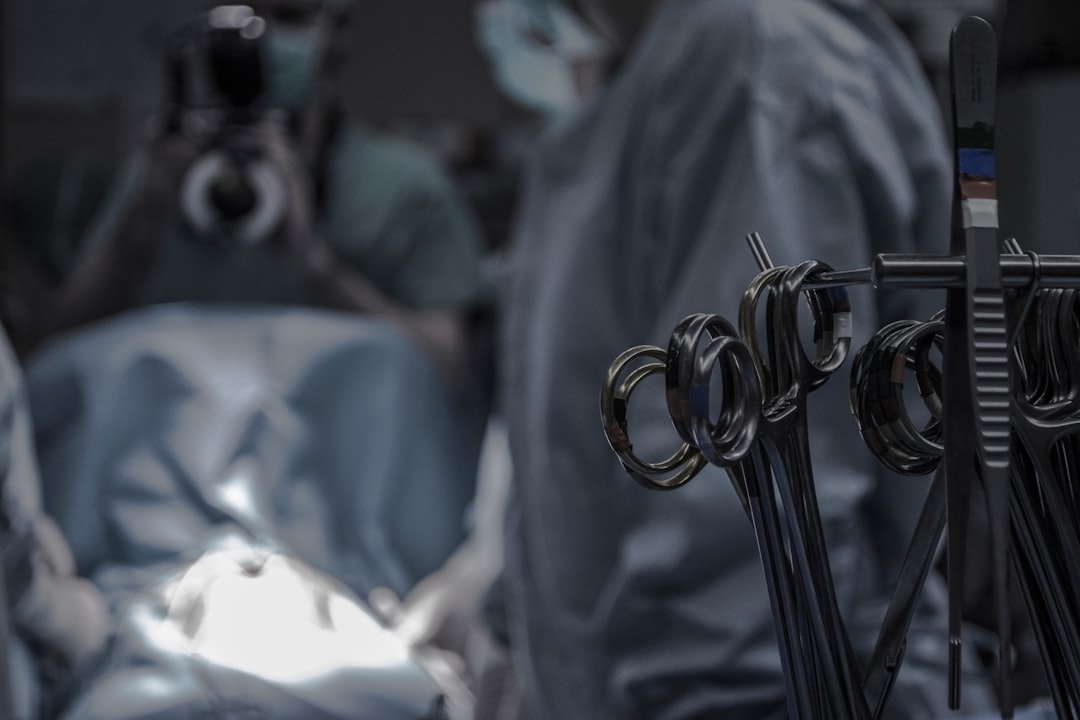
What is the Role of Expert Witnesses in Medical Malpractice Cases?
Posted by on 2024-10-03
In the complex world of medical malpractice litigation, expert witnesses play a pivotal role in bridging the gap between complex medical concepts and legal proceedings. Their involvement is crucial in helping juries and judges understand whether a healthcare professional breached the standard of care, which ultimately determines the outcome of these cases.
At its core, medical malpractice revolves around whether a healthcare provider acted negligently, resulting in harm to the patient. However, what constitutes negligence isn't always clear-cut. This is where expert witnesses come into play. They are typically seasoned professionals with extensive experience and knowledge in their field of medicine. Their primary role is to provide an objective analysis of the medical facts presented in a case and offer an informed opinion on whether the actions taken by a healthcare provider were appropriate under prevailing standards.
One of the key responsibilities of an expert witness in medical malpractice cases is to establish what the accepted standard of care is for a particular situation. The standard of care refers to what a reasonably competent healthcare provider would have done under similar circumstances. By elucidating this concept, expert witnesses help clarify whether there was indeed a deviation from accepted practices that resulted in patient harm.
Furthermore, expert witnesses are tasked with explaining technical medical procedures and terminology to individuals who may not have any background in medicine. Their ability to translate complex information into layman's terms ensures that everyone involved in the case—especially jurors—can grasp critical aspects without getting lost in jargon. This clarity can be instrumental when determining liability.
Expert witnesses also provide testimony regarding causation, which examines whether the alleged breach directly caused harm to the patient. They analyze medical records, diagnostic tests, and treatment plans to assess if there was indeed a direct link between the provider's actions and the patient's injury or adverse outcome.
Moreover, these experts contribute significantly during depositions and trial testimonies where they face rigorous cross-examination by opposing counsel. Here, their credibility and ability to maintain composure under pressure are tested as they defend their opinions against counterarguments designed to undermine their conclusions.
While expert witnesses bring valuable insights into medical malpractice cases, their participation is not without challenges or controversies. One issue often raised concerns potential bias; attorneys may seek out experts whose views align favorably with their client’s position rather than impartial ones who might present conflicting perspectives based on evidence alone.
Additionally, reliance on highly specialized testimony could lead some jurors—or even judges—to place undue weight upon it at times when other factors should be considered alongside expertise provided by such witnesses within broader contexts involving human error versus systemic failures inherent within healthcare systems themselves
In conclusion: Expert witnesses serve as vital intermediaries between medicine law courtroom settings helping ensure justice achieved through informed decision-making processes grounded sound scientific principles rather than mere speculation conjecture alone Despite challenges associated role including potential biases overemphasis certain types evidence nevertheless remain indispensable components achieving fair outcomes within realm modern-day litigation concerning allegations professional negligence against practitioners across diverse fields practice